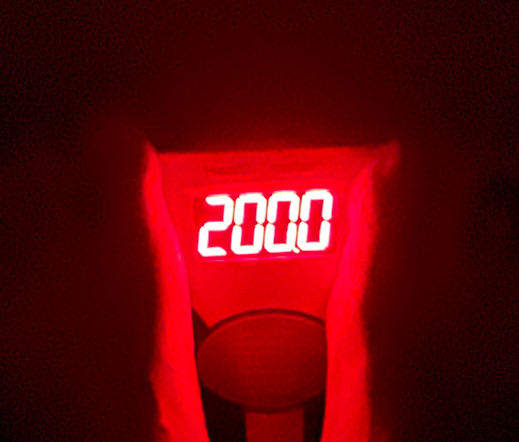
Really enjoying this latest podcast on @PeterAttiaMD’s #Drive so far.
Now up to the part where Dr Yassine is discussing GLUT1 regulation with the brain... (about 22m in)...
Now up to the part where Dr Yassine is discussing GLUT1 regulation with the brain... (about 22m in)...
https://twitter.com/peterattiamd/status/1356233455667974146
Hmmm...
“... the brain is not efficient at using fat as a source of ATP.”
“... the brain is not efficient at using fat as a source of ATP.”
“... nevertheless when the brain goes through crises and cannot utilize glucose, we have a mechanism to extract ATP from fat. But the result is a price tag, the result is oxidative stress.”
Please visit this around minute 24 to get the full context.
Please visit this around minute 24 to get the full context.
Starting around minute 31 they get into my favorite subject of lipids, lipoproteins, and — in particular — apolipoprotein load balancing. Certainly something my life is mapped around right now. ;)
At 34m @PeterAttiaMD expresses his hope for an ApoCIII assay soon to add to the “arsenal”— I couldn’t agree more!
For that matter, I’ll bet an obvious prognostic ratio to emerge will be ApocIII/ApoB*
*Go ahead and bookmark this tweet for later reference. You heard it here first
For that matter, I’ll bet an obvious prognostic ratio to emerge will be ApocIII/ApoB*
*Go ahead and bookmark this tweet for later reference. You heard it here first
• • •
Missing some Tweet in this thread? You can try to
force a refresh








